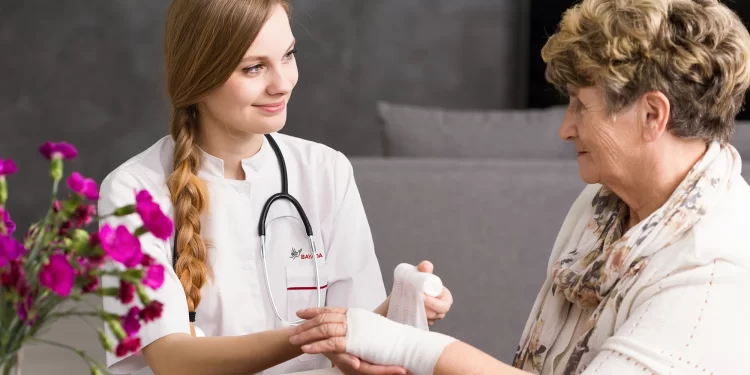In the United States, about 25 percent of adults serve as caregivers to their loved ones. These people sacrifice their time, energy, and health to care for a spouse, parent, or relative. In today’s fast-paced society, it's not always possible for family members to provide the necessary care for elderly loved ones.
That's where professional home caregivers come in. They can help create the best possible quality of life for elderly loved ones by providing companionship, assistance with basic needs, or medication management. Home caregivers can also advocate for their elderly patients with doctors and other healthcare professionals.
What do these caregivers do?
Seniors receive individualized care from home caregivers in the privacy of their own homes. They help with basic needs such as bathing, dressing, and grooming, as well as more complex tasks such as medication management and wound care. They also provide emotional support and social interaction, which can be critical for seniors who may be isolated or lonely.
Family caregivers often have to juggle their jobs and families with caregiving duties, so they need all the help they can get.
What Makes a Great Caregiver?
Anyone who has ever been a caregiver knows that it is one of the world's most challenging and rewarding jobs. It can be difficult to balance the demands of work with the needs of a loved one, but it is worth seeing them thrive. So what makes a great caregiver? The answer is simple: compassion, patience, and determination.
Assisting those in actual need
Most people think of caregiving as a job only taken on out of necessity. While it is true that many people become caregivers because a loved one needs help, many others decide to become caregivers because they simply want to help someone in need. Regardless of the reason, caregiving can be a very rewarding experience.
When you become a caregiver, you are doing more than just providing physical assistance. You are also providing emotional support, which can be just as important. Many caregivers develop close relationships with the people they are caring for, which can be very rewarding.
Caregiving can also be a great way to learn new skills and meet new people. If you are interested in becoming a caregiver, Freedomcare can help you get started.
Why not get paid for it?
In the United States, more than 43 million family caregivers provide unpaid care to a loved one. This number will only grow in the coming years as the population ages. Though it's selfless and admirable that these people are stepping up to help, many could use some financial assistance.
There are a few ways that family caregivers can get paid for their work. One option is to become an in-home caregiver. In this role, you would be responsible for caring for an elderly loved one in their own home. This can be a great option for those who want to stay close to their aging parents or grandparents.
Another way to get paid for caregiving is to become a certified nursing assistant (CNA). This position allows you to work in a nursing home or assisted living facility and provide care for residents.
Don’t let the inexperience stop you
People often feel like they need experience in a certain field before pursuing a career. However, this isn't always the case. In-home caregivers often receive on-the-job training and experience while helping elderly clients with various needs. This can be a great way to get started in the caregiving industry and learn more about this career path.
Conclusion
If you're the type of person who loves meeting people with incredible stories and learning from older generations, you'll probably love caregiving. You'll have the opportunity to meet interesting people.
As a caregiver, you'll also be able to help them live independently and comfortably in their own homes for as long as possible. This is a very rewarding career choice, perfect for those who want to make a difference in someone's life.
























